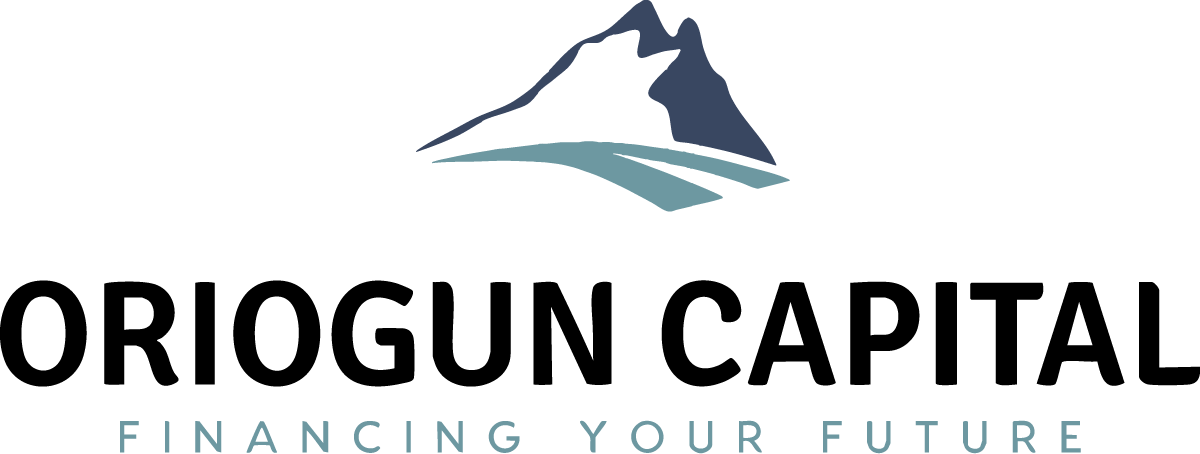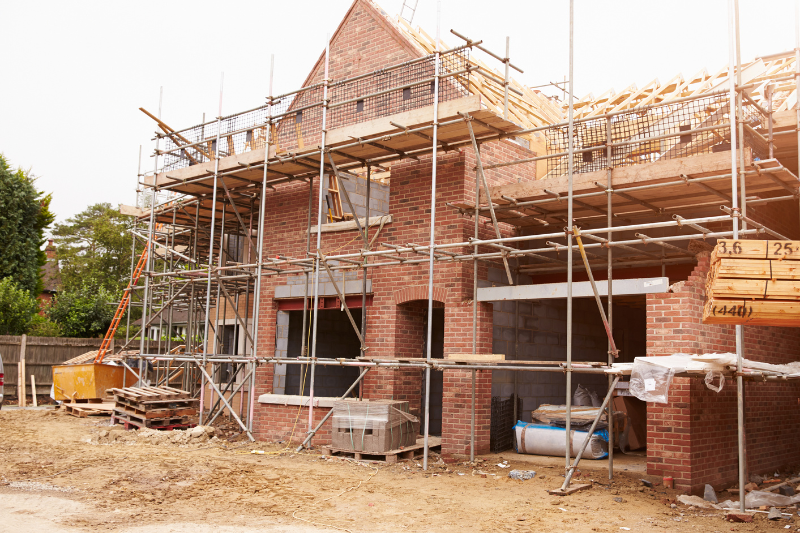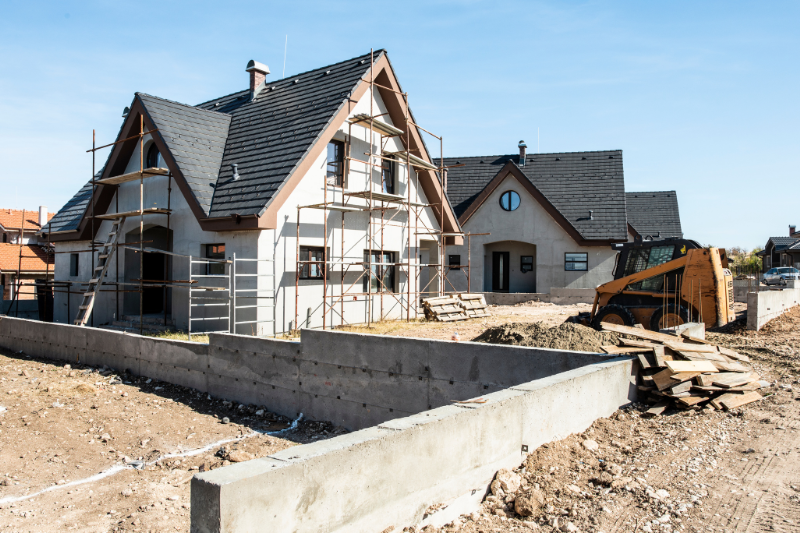So you're thinking about building a new property. Maybe you've always wanted to, or perhaps…
Hard Money Construction Lenders: Fast Financing for Real Estate Projects
When it comes to financing real estate projects, hard money construction lenders offer a solution that can be very beneficial for investors and developers. These specialized lenders provide short-term loans tailored for construction projects. They fill a crucial gap in the market where traditional banks often hesitate.
Hard money construction lenders bring speed, flexibility, and industry expertise. This makes them an attractive option for those looking to capitalize on time-sensitive opportunities or unconventional projects. These lenders operate differently from traditional financial institutions.
They focus more on the potential value of the project and the borrower’s experience rather than solely on credit scores or income verification. This approach opens doors for many real estate professionals who might otherwise struggle to secure funding for their ambitious construction plans. Let’s explore how hard money construction lenders work, their benefits, potential drawbacks, and what you need to know to navigate this financing option.
Understanding Hard Money Construction Loans
Hard money construction loans are short-term financing options. They’re typically used to fund the construction or renovation of real estate projects. Unlike traditional bank loans, these are asset-based loans. This means the property itself serves as collateral.
This focus on the asset’s value allows for quicker approvals and more flexible terms. Hard money construction lenders often charge higher interest rates compared to traditional banks. This is due to the increased risk they take on and the speed at which they can provide funding.
However, for many investors and developers, the benefits outweigh the costs. For instance, the average interest rate for Texas hard money loans in the third quarter of 2024 was 10.84%, with an average loan amount of $555,750. These statistics are based on 489 short-term loans funded for investment properties in Texas between July 1, 2024, and September 30, 2024, according to Lightning Docs, a company specializing in hard money loan documents software.
Key Features of Hard Money Construction Loans
Here are some key features of a hard money construction loan:
- Quick approval process
- Flexible lending criteria
- Short-term financing (typically 12-24 months)
- Higher interest rates
- Asset-based lending
- Construction draw schedule
One of the most significant advantages of working with these lenders is the speed at which they can approve and fund a loan. While traditional banks might take months to process a construction loan application, hard money lenders can often close deals in a matter of days or weeks.
Who Benefits from Hard Money Construction Loans?
Hard money construction loans are particularly beneficial for:
- Real estate investors
- Property flippers
- Developers with time-sensitive projects
- Borrowers with less-than-perfect credit
- Those seeking to renovate distressed properties
These loans can be a lifeline for projects that might not qualify for traditional financing due to various factors. These factors can include the property’s condition, the borrower’s financial situation, or the unconventional nature of the project.
The Loan-to-Value (LTV) and After-Repair-Value (ARV) Ratios
When considering a hard money construction loan, it’s crucial to understand the concepts of Loan-to-Value (LTV) and After-Repair-Value (ARV) ratios. These metrics are fundamental in determining how much you can borrow.
The loan-to-value (LTV) ratio is the percentage of the property’s current value that a lender is willing to loan. For example, if a property is worth $200,000 and the lender offers an 80% LTV, the maximum loan amount would be $160,000.
The After-Repair-Value (ARV) ratio, on the other hand, considers the projected value of the property after renovations or construction are complete. Some lenders may offer loans based on a percentage of the ARV. This can potentially provide more funding for the project.
The Application Process for Hard Money Construction Loans
Applying for a hard money construction loan typically involves the following steps:
- Initial consultation with the lender
- Submission of project plans and budget
- Property appraisal
- Review of the borrower’s experience and track record
- Loan approval and terms negotiation
- Closing and fund disbursement
When applying for a hard money construction loan, it’s essential to have a detailed build plan. It should include an estimated timeline, budget, and exit strategy. This level of preparation can significantly increase your chances of approval. It can also help you secure more favorable loan terms.
The Draw Schedule: How Funds are Disbursed
One unique aspect of hard money construction loans is the draw schedule. Instead of receiving the entire loan amount upfront, funds are typically disbursed in stages as the construction progresses. This process helps mitigate risk for the lender and ensures that funds are used appropriately throughout the project.
A typical draw schedule might look like this:
| Construction Stage | Percentage of Funds Released |
|---|---|
| Foundation | 20% |
| Framing | 25% |
| Roofing and Exterior | 20% |
| Interior Work | 25% |
| Final Inspection | 10% |
This staged approach to funding ensures that the project progresses as planned. It also helps protect both the lender and the borrower.
Comparing Hard Money Construction Lenders
When choosing a hard money construction lender, it’s important to compare options. Here are some factors to consider:
- Interest rates and fees
- Loan-to-Value (LTV) or After-Repair-Value (ARV) ratios offered
- Reputation and experience in construction lending
- Speed of approval and funding
- Flexibility in loan terms and draw schedules
- Quality of customer service and communication
It’s also wise to check if the lender is licensed by their state and registered with the NMLS (Nationwide Multistate Licensing System). Additionally, you can look for lenders who are members of professional organizations. One such example is the American Association of Private Lenders (AAPL). You should also see what kind of financing options they have and if they offer loans for residential properties.
The Pros and Cons of Hard Money Construction Loans
Like any financing option, these types of loans come with their own set of advantages and disadvantages.
Pros:
- Quick approval and funding
- Flexible lending criteria
- Opportunity to finance projects that traditional lenders might reject
- No prepayment penalties (in most cases)
- Expertise in real estate and construction lending
Cons:
- Higher interest rates compared to traditional loans
- Shorter loan terms
- Potential for higher fees
- Risk of foreclosure if unable to repay or refinance
- May require significant equity or down payment
Conclusion
Hard money construction lenders play a vital role in the real estate development ecosystem. They offer financing solutions that cater to the needs of investors and developers. While these loans come with higher costs, they provide unparalleled speed, flexibility, and expertise. These things can be crucial in seizing time-sensitive opportunities or funding unconventional projects.
As with any financial decision, it’s essential to carefully weigh the pros and cons of hard money construction loans. You should also thoroughly research potential lenders before committing. By understanding the nuances of these loans and partnering with reputable lenders, real estate professionals can leverage hard money construction loans to bring their projects to life and potentially achieve significant returns on their investments.
FAQs about Hard Money Construction Lenders
What is a hard money construction loan?
A hard money construction loan is a short-term loan used to finance the construction or renovation of a real estate project. These loans are typically asset-based, meaning the property itself serves as collateral. They focus more on the potential value of the project rather than the borrower’s creditworthiness.
Are hard money lenders legit?
Yes, many hard money lenders are legitimate businesses that provide valuable services to real estate investors and developers. However, as with any financial transaction, it’s important to do your due diligence. Look for lenders who are licensed, have positive reviews, and are members of professional organizations like the American Association of Private Lenders (AAPL).
Do hard money loans require a down payment?
Yes, most hard money construction loans require a down payment or significant equity in the project. The exact amount can vary, but it’s common for lenders to require 20-30% of the project cost as a down payment. This helps mitigate risk for the lender and ensures the borrower has a vested interest in the project’s success. Borrowers pay this percentage based on a few different factors including the borrower’s credit score.
What is an example of a hard money lender?
An example of a hard money lender would be a private individual or company that specializes in short-term, asset-based loans for real estate investments. For instance, Oriogun Capital is a hard money lender that focuses on providing loans for real estate investors. They offer various loan products, including construction loans, fix-and-flip loans, and bridge loans.







